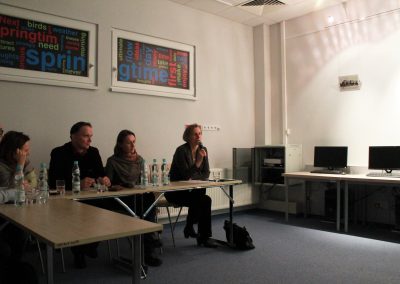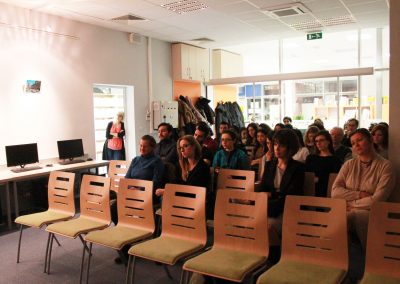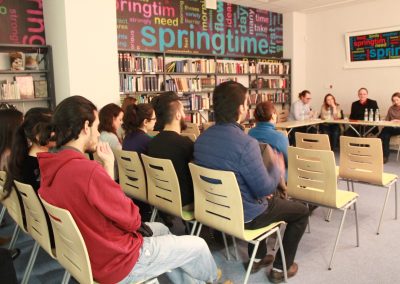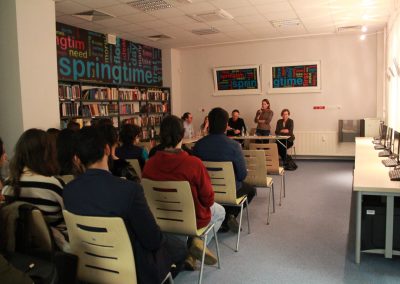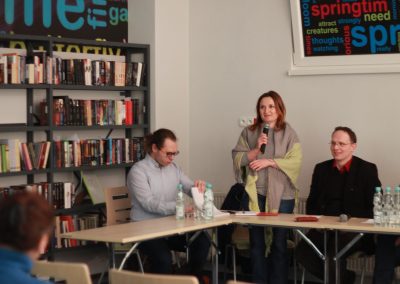On Wednesday we met in the Municipal Library Fil. 4 to participate in the debate entitled Gender ideology(ies): Man and woman – different by nature, inequal by society? We tried to find the answer to this question with our four guests: sociologists Borys Cymbrowski and Anna Czerner, philologist Katarzyna Molek-Kozakowska and biologist Elżbieta Pogoda.
We were aware that for most people the term gender is unfamiliar or even unfriendly, especially when someone is not a philologist or a social researcher, so we started with the basic questions: what gender is, how it exists in our respective fields of studies, and if there exists gender ideology. We can say that gender in general is about social consequences of being men, women or the others, because in the opinion of Elżbieta Pogoda even from a biological point of view there are more than only two sexes. And there is no evidence that one sex has an advantage over another.
In Polish media we encounter some false beliefs about the meaning of the word “gender”. But as Borys Cymbrowski mentioned it is a problem of confusion of nature with culture, because in the Polish language we have only one word (płeć) for gender and for sex. So some commentators confuse biological meaning with the cultural one. They accuse gender scholars of promoting a dangerous ideology which tries to convince people to choose their sex. As Anna Czerner said, the truth is that in the social sciences gender was a neutral category to analyse the relations between people in society, but unfortunately some institutions and politicians took one of the least popular topics in gender studies and used it as a basis to create and apply gender ideology as a political tool.
After that we focused mostly on language aspects within gender issues. Katarzyna Molek-Kozakowska indicated that for her it was easier to introduce herself in English than in Polish, because in Polish most names of academic professions have only a masculine gender, or even if it has a female gender, masculine forms sound more serious and more prestigious. But language is not a constant phenomenon – it is changing all the time. Twenty years ago we considered some female forms of words as strange, but today we take them for granted. We concluded that it is important to include more women-related forms to language, and it is one of the main catalysts of social changes in the public sphere.
We are really glad we could discuss it with you and with the citizens of Opole. We would like to thank you all for your presence and participation, and we hope to see you soon during another discussion. The aim of the whole debate was to clarify a little the problem of gender, but two hours is a short time when you are discussing such an important and complicated topic – so we treat this meeting only as a start. The debate is still open.
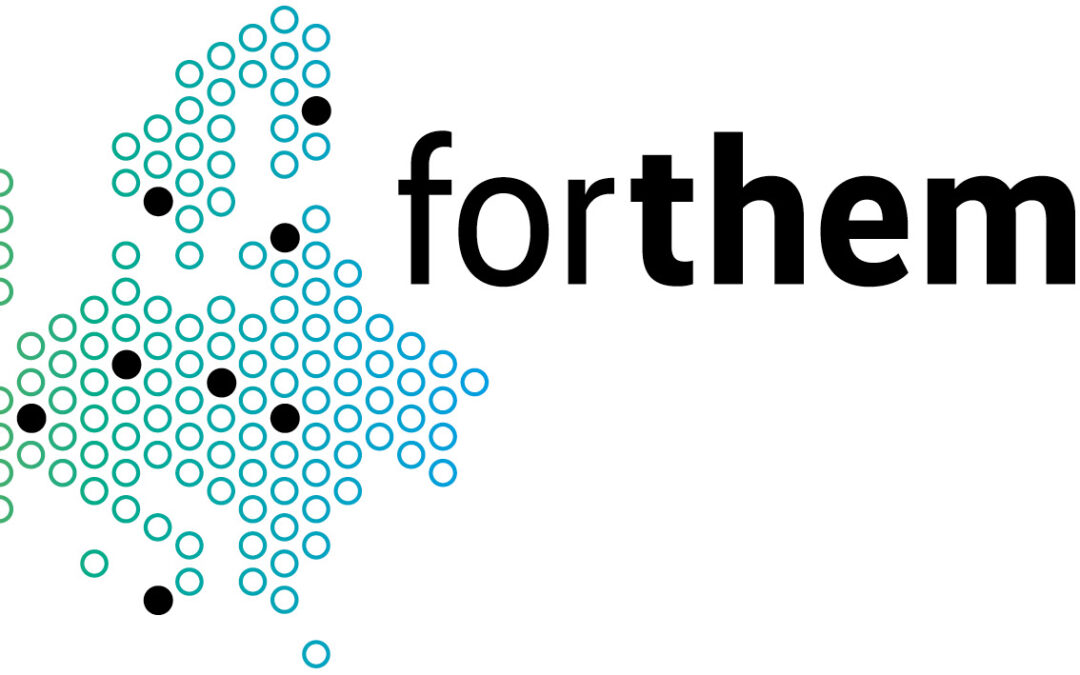
FORTHEM short-term mobilities for students – OPEN CALL
You can now apply for short-term mobilities within FORTHEM Alliance. You can choose from 10 collective mobilities or apply for an individual stay at one of the partner universities. Collective short-term mobilities: Exploring the circular economy in...

Olga from Greece – Erasmus+ in Opole
Hi everyone! It is great to be with you again! I am coming to share the experience of Olga, who decided to choose Opole as her Erasmus destination. Let's read her story 🙂 Hi Olga! It is great to have you here with us today! Can I ask you to introduce yourself to our...
Erasmus+ Office closed
Between the days 13-14 October 2022 (Thursday, Friday) Erasmus+ office will be closed. In urgent case plesae contact us under the following e-mail: erasmus@uni.opole.pl We apologise for the inconvenience. W dniach 13.10.2022 (czwartek) i 14.10.202 (piątek) Biuro...
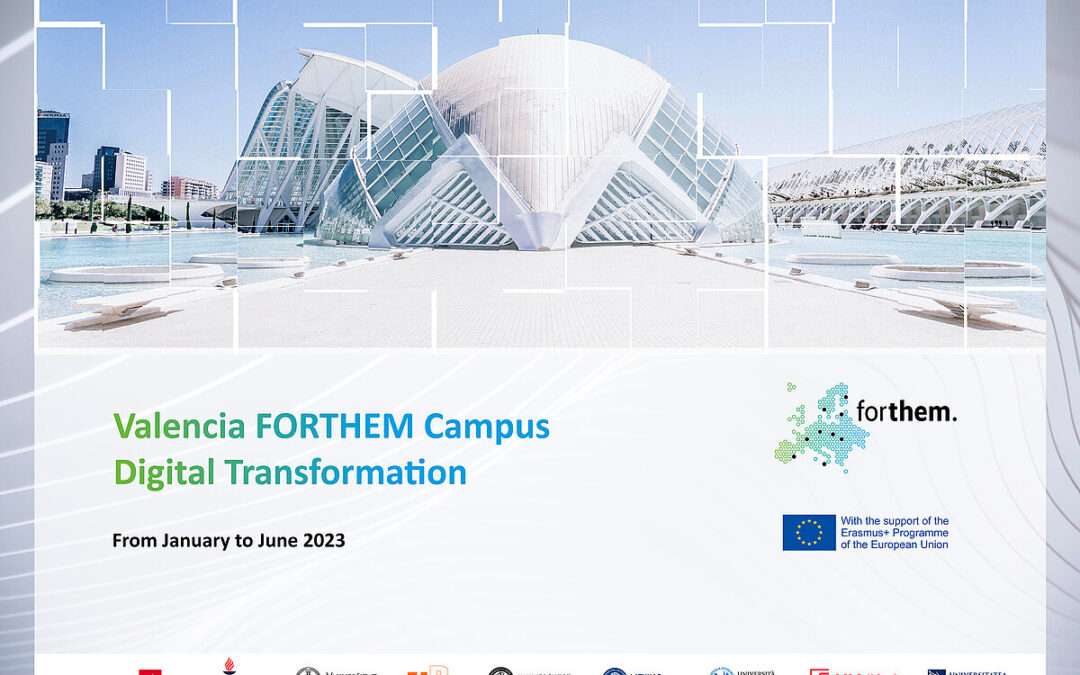
FORTHEM Campus on Digital Transformation in Valencia
Wyjedź na FORTHEM Campus on Digital Transformation organizowany na Uniwersytecie w Walencji w semestrze letnim 2022/23. Więcej informacji o Campusie znajdziesz: tutaj. Aby zarekrutować się na FORTHEM Campus weź udział w aktualnie trwającej rekrutacji na wyjazdy...
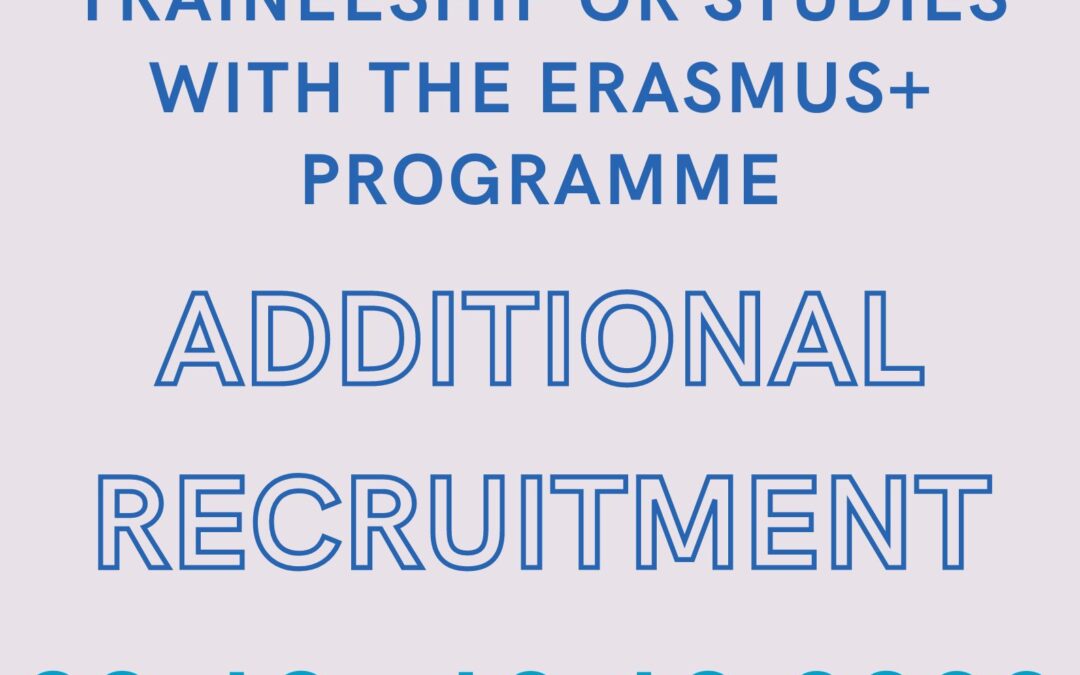
Additional recruitment for mobilities for study and traineeship within the framework of the Erasmus + Program
Additional recruitment for mobilities for study and traineeship within the framework of the Erasmus + Program during the spring semester of 2022/2023 ay.* The recruitment will last from 03.10.2022 to 12.10.2022 ** HOW TO APPLY FOR MOBILITY FOR STUDY: In the...
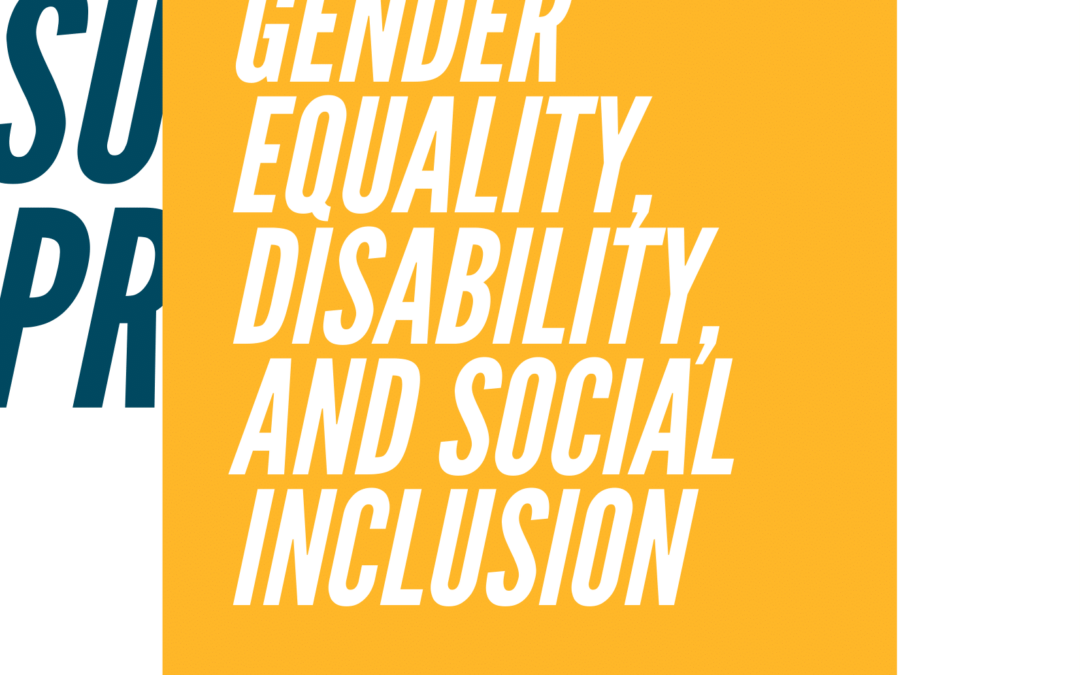
Gender equality, disability and social inclusion – course at the Universitas Airlangga
We would like to invite you to apply for Gender Equality, Disability, and Social Inclusion (GEDSI) organized by the Faculty of Economics and Business (FEB) UNAIR in collaboration with the World University Association for Community Development (WUACD). GEDSI Fall...
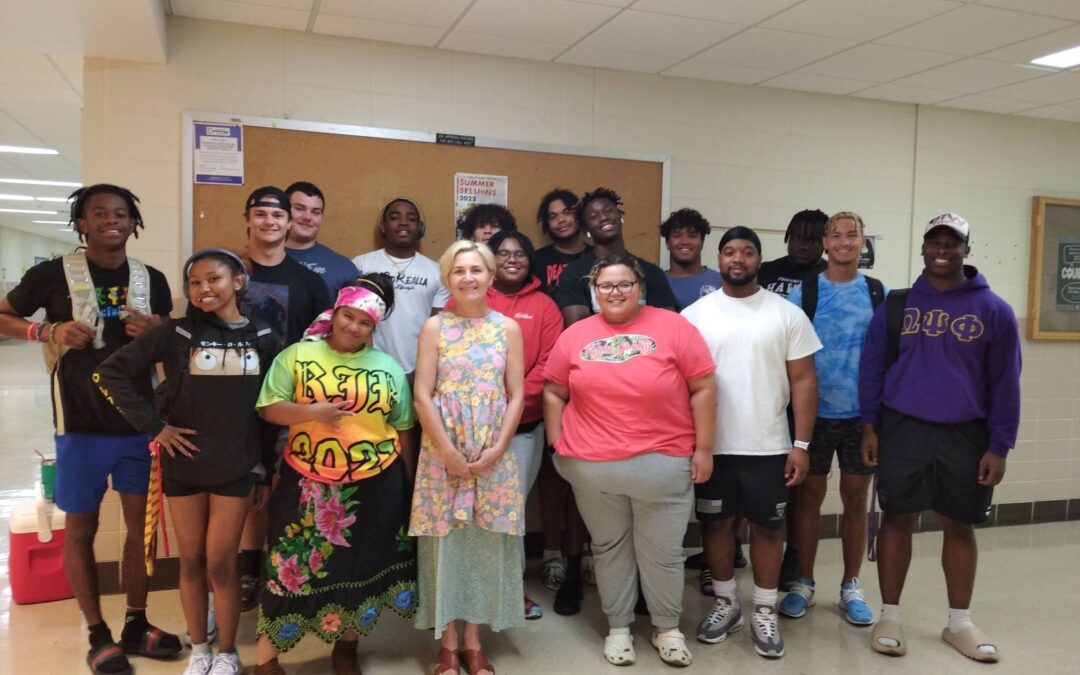
University of Opole – University of Central Missouri
Erasmus+ mobility in the eyes of its participants In July 2022, prof. Marlys Peck from University of Central Missouri and dr Marzanna Pogorzelska from University of Opole visited each other’s insitutions within Erasmus+ mobility programme. Prof. Marlys Peck commented...

2022/23 academic year accommodation schedule (Freshmen)
Dear Students! Below you can find information regarding 2022/23 academic year accommodation schedule for Freshmen (PL i ENG). Reminder! The schedule applies to only those students whose names are on the list of the allocated rooms.

Orientation Day 2022
Dear Students! Please be informed that this year's Orientation Day has been scheduled! It will take place on 30.09.2022.Dear Students! The orientation day for the Global Studies BA and MA programmes has been scheduled for Thursday, 13rd of October 2022, 11:00 AM, room...
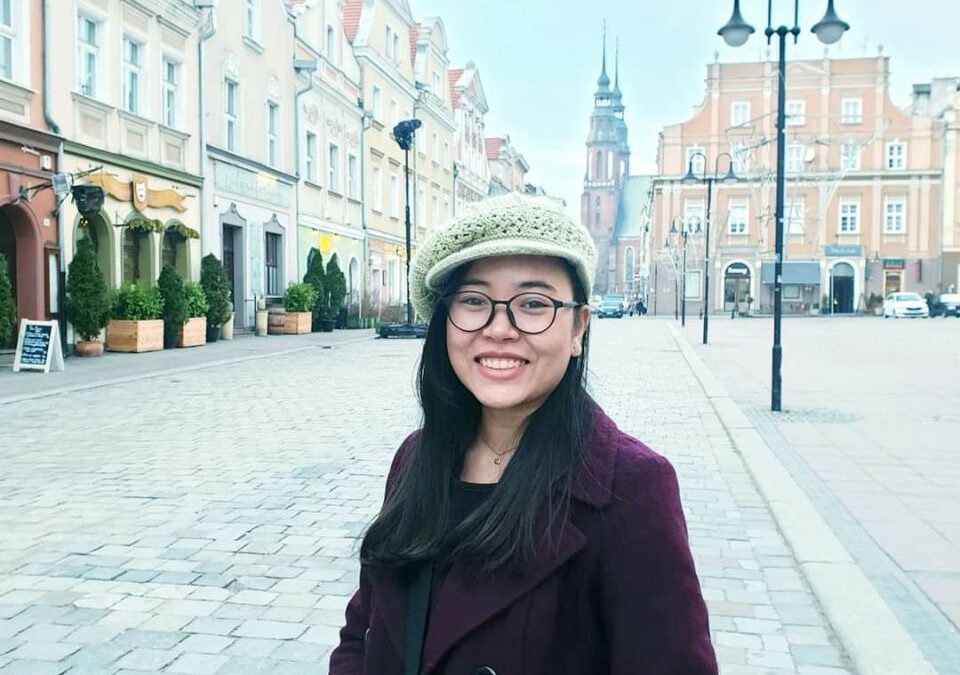
Sreyphea from Cambodia
Hello everyone! Our next guest's name is Sreyphea who decided to come all the way from Cambodia to Poland! Hi Sreyphea! Can I ask you to introduce yourself to our audience, please? Hi everyone! My name is Sreyphea. I am 23 years old and I come from Cambodia. I study...
